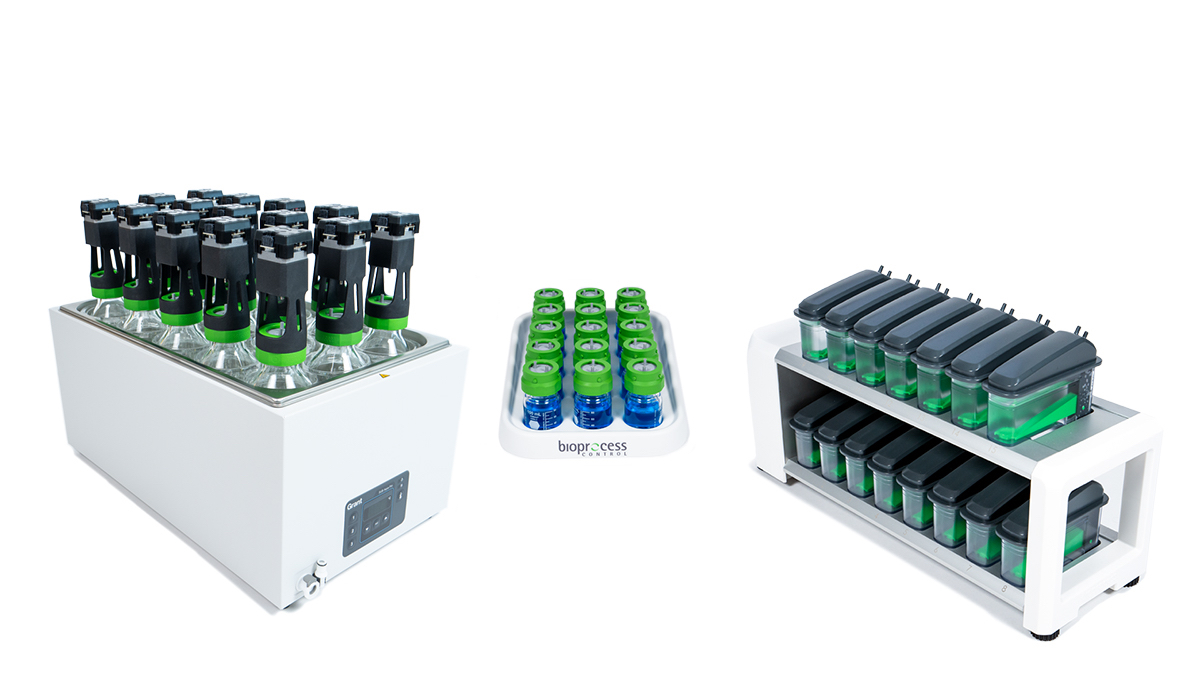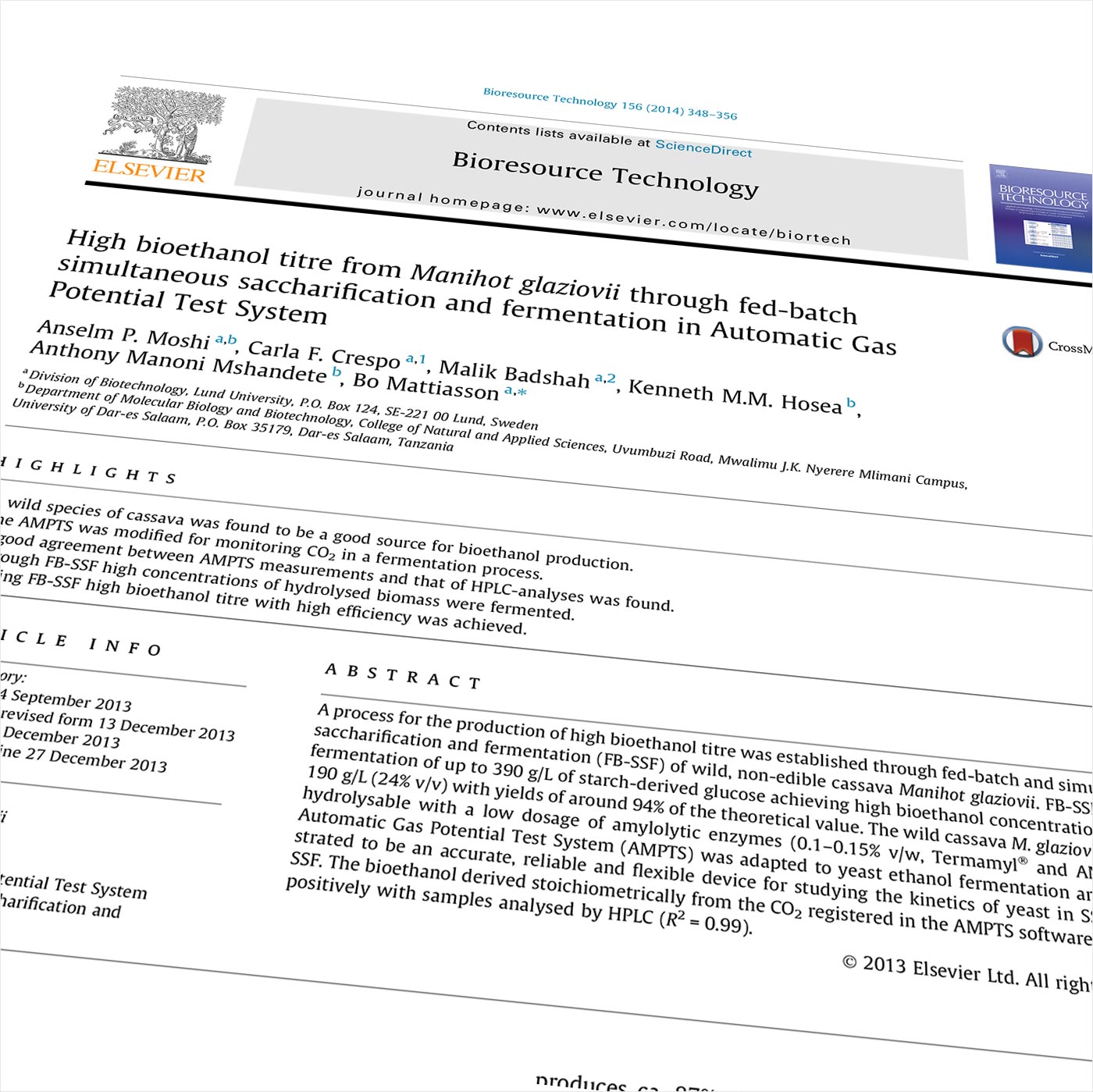Looking for additional gallons of ethanol fuel?
Laboratory instrument for fermentation validation
Shaken bioreactors are the most commonly used reaction vessels in biotechnology thanks to their simple design and handling. By using them together with our automatedGas Endeavour®system, an online gas volume and flow measurement tool, you will be able to not only take advantage of the high experimental throughput, reduced costs and effort but also gain better insight and an increased understanding of the fermentation kinetics, thus allowing for optimisation of your bioethanol production process.
The anaerobic respiration rate is directly proportional to the metabolic activity of the fermenting microorganism and thus allows a continuous monitoring of the ethanol formation rate. Measuring respiration rates in shake flask cultures continuously enables you to see what is happening in real-time when it is actually happening. More information about the fermentation means more control options, which is the key to ensure a robust and high-yielding fermentation process. TheGas Endeavour®provides you with a powerful laboratory tool to monitor shake flask fermentations, select the most suitable strains for production scale, evaluate yeast or bacteria activity, screen the additives and pre-treatment options, as well as develop an optimised operational procedure for fermentation processes.






